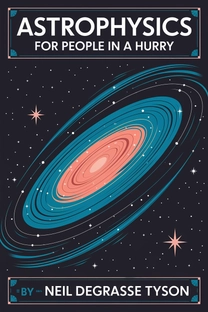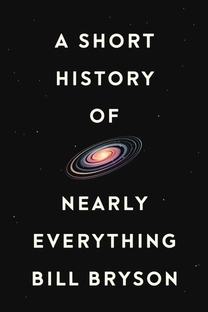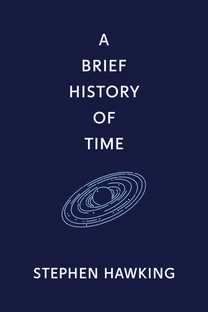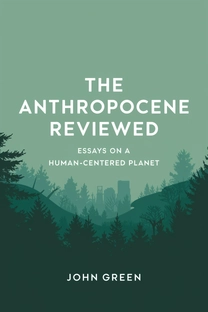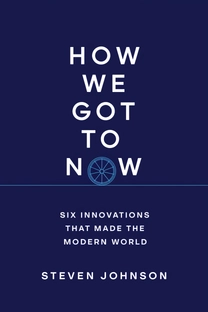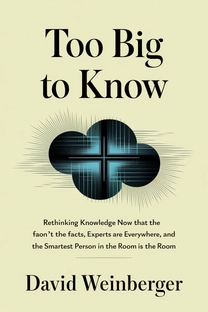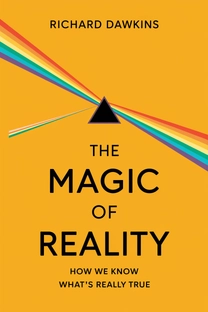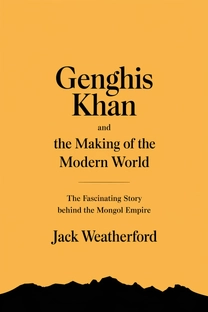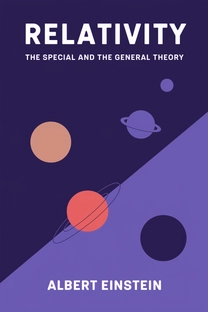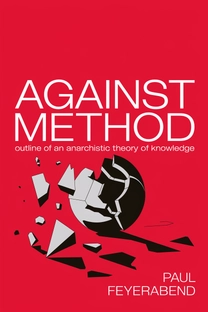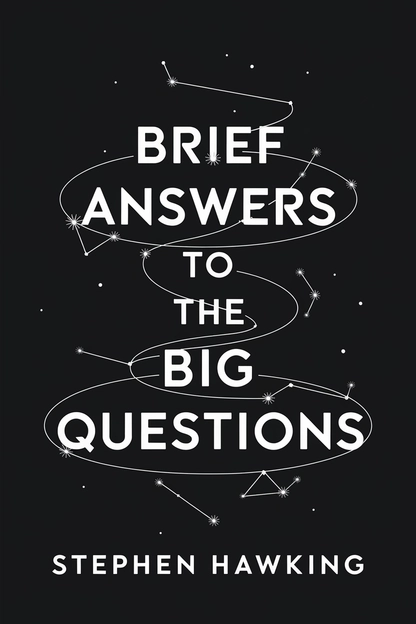
Brief Answers to the Big Questions
by Stephen Hawking
Brief overview
This book brings together the late Stephen Hawking’s final reflections on some of humanity’s deepest mysteries – from the origin of the universe to the potential rise of artificial intelligence. It offers a window into his bold and curious mind, showing how scientific discovery can illuminate our greatest fears, inspire hope, and ignite our sense of wonder.
Introduction
Stephen Hawking spent much of his life asking colossal questions about the universe, its origins, and humanity’s role in the cosmic story. His final book weaves decades of physicist wonder, personal anecdotes, and bold scientific theories into a tapestry of big-picture thinking. It’s a testament to the idea that exploring these questions need not be the exclusive domain of experts.
In reflecting on his journey, Hawking taps into our universal curiosity. He believed that investigating the cosmos helps us understand our place in it. By describing phenomena like black holes or the Big Bang, he reminds us that science isn’t a distant puzzle – it’s about comprehending who we are and how we got here.
Yet, this book isn’t just a cosmic tour. It’s also a personal piece on survival, resilience, and the collaboration between a brilliant mind and an uncooperative body. Hawking’s life, marked by motor neurone disease, shows that determination can powerfully bridge ambition and limitation. His optimism resonates throughout every theme.
In the pages that follow, Hawking illustrates how science can address ‘impossible’ issues – from the very start of time to the nature of consciousness. Prepare for a conversation that might challenge your ideas about God, existence, and destiny. Above all, be ready to be inspired and reminded that wonder is within everyone’s grasp.
The Universe and the Laws of Nature
Central to Hawking’s vision is the idea that the universe is governed by fixed, consistent laws of nature. Rather than relying solely on divine intervention, these fundamental principles – such as gravity and quantum mechanics – set the stage for everything from the motion of a tennis ball to the birth of galaxies.
Hawking quotes Pierre-Simon Laplace, who famously suggested that if in one moment someone knew every particle’s position and speed, they could predict the entire future. Yet quantum physics complicates this notion by placing inherent limits on how precisely we can measure the universe. The message is that while laws are deterministic, our knowledge is often incomplete.
Interestingly, these laws oblige even the most powerful forces. Hawking once said that, if anything, God would be ‘bound’ by them if He existed. It’s a perspective that unsettles traditional theology but enriches the conversation about cosmology and creation. The search for overarching principles goes on, from Einstein’s relativity to modern unification efforts.
By grounding reality in logical consistency, Hawking invites us to embrace scientific exploration, letting curiosity drive us to discover the next puzzle. To him, this was strength, not a threat – a way to break the barriers of superstition and find real, testable wonders in a structured universe.
What is Brief Answers to the Big Questions about?
“Brief Answers to the Big Questions” introduces readers to Stephen Hawking’s remarkable insights on the origins of our universe, the nature of black holes, and the future of artificial intelligence and humanity. Drawing on decades of groundbreaking research, Hawking offers a compelling look at cosmic mysteries and scientific breakthroughs, all while balancing complexity with clarity. The book’s central promise is to make grand ideas accessible, inspiring a fresh perspective on space-time, existential threats, and the quest for knowledge.
Hawking’s commitment to bridging scientific detail with real-world relevance is evident throughout. He explores climate change, space colonization, and the possibilities of genetic engineering, emphasizing that scientific understanding influences both our survival and our sense of wonder. This forward-thinking work invites readers to consider new approaches to old questions, shaping how we see ourselves in a vast and active universe.
Review of Brief Answers to the Big Questions
This book excels by showcasing Hawking’s blend of scholarly expertise and conversational style, making heavy topics like the Big Bang or quantum theory feel approachable. Readers come away with more than background knowledge; they gain a blueprint for thinking critically about global challenges such as environmental decline and the risks of runaway artificial intelligence. Hawking’s skill in weaving science and philosophy results in chapters that provoke thought without becoming overwhelming.
On a practical level, the discussions about humanity’s future have clear implications for policy, technology, and ethical decision-making. Although the text centers on scientific concepts, it remains inviting to non-experts thanks to a welcoming tone and frequent real-world examples. Hawking offers both caution and hope, ultimately endorsing curiosity as our greatest instrument. If you want a revealing read that bridges cosmic wonders with life-and-death stakes, this book is a solid recommendation.
Who should read Brief Answers to the Big Questions?
- Scientists and curious thinkers who want a concise survey of pivotal cosmic questions
- Professionals tackling environmental, technological, or social issues who seek scientific background
- Philosophically minded readers eager for deeper insights into creation and existence
- Students looking for engaging explanations of black holes, space travel, and quantum mechanics
- Anyone concerned about humanity’s fate and looking for science-driven strategies
About the author
Book summaries like Brief Answers to the Big Questions
Why readers love Mindleap
10-Minute Book Insights
Get the core ideas from the world's best books in just 10 minutes of reading or listening.
Curated For You
Discover your next favorite book with personalized recommendations based on your interests.
AI Book ExpertNew
Chat with our AI to help find the best book for you and your goals.
Reviews of MindLeap
Love how I can get the key ideas from books in just 15 minutes! Perfect for my busy schedule and helps me decide which books to read in full.
Alex R.
The summaries are incredibly well-written and the audio feature is perfect for my commute. Such a time-saver!
Jessica M.
Great app for personal growth. The insights are clear and actionable, and I love how they capture the essence of each book.
Chris P.
The app is beautifully designed and the summaries are top-notch. Definitely worth every penny!
Sarah K.


